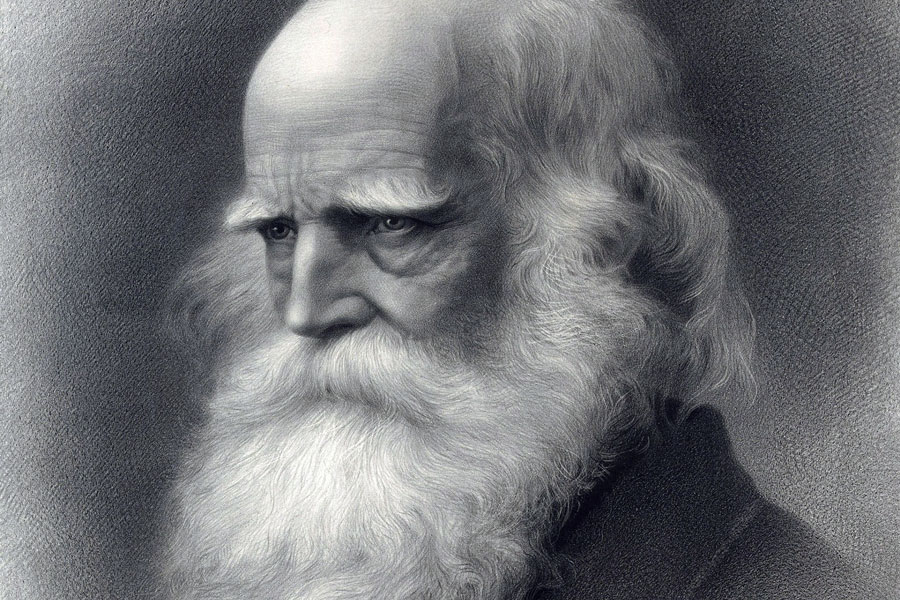William Cullen Bryant

William Cullen Bryant, celebrated poet, journalist, and political activist, made a lasting imprint on both American literature and Long Island’s cultural history. Renowned for his lyric poetry and advocacy as a longtime editor of the New York Evening Post, Bryant chose Roslyn, Long Island, as his home and inspiration, embedding himself in the region’s intellectual and civic life.
Early Life & Literary Achievements
Bryant was born in 1794 in Massachusetts and quickly found his voice as a poet:
- His poem “Thanatopsis“ established him as an early American literary giant, lauded for its contemplative beauty and connection to nature.
- He composed much of his work while living in the peaceful surroundings of Roslyn, where Long Island’s landscapes influenced his writing.
Journalism & Political Advocacy
Bryant’s contributions extended well beyond poetry:
- As editor-in-chief of the influential New York Evening Post for nearly fifty years, Bryant shaped public opinion and fostered literature, social reform, and political change.
- He used his platform to advocate for abolition, freedom of the press, and numerous progressive causes of the 19th century.
Roslyn Home and Community Impact
Bryant’s home, Cedarmere, located in Roslyn Harbor, became a gathering place for leading thinkers, writers, and reformers:
- The estate’s gardens, woods, and views over Hempstead Harbor were both a retreat and a source of creative inspiration.
- Bryant’s involvement in local projects, community causes, and landscape preservation helped nurture Roslyn’s development and character.
Literary and Civic Legacy
William Cullen Bryant’s name is synonymous with the growth of American literature and civic life:
- He is remembered as a pioneering force in American poetry, blending classical influences with uniquely American themes.
- Bryant’s journalistic principles and political advocacy set high standards for integrity and social responsibility.
- Cedarmere is preserved as a historic site, celebrating his profound impact on both local history and the nation’s literary tradition.
William Cullen Bryant Quick Info
| Fact | Details |
|---|---|
| Birth/Death | 1794, Cummington, MA – 1878, New York, NY |
| Long Island Ties | Lived in Roslyn, estate “Cedarmere” |
| Famous Works | “Thanatopsis,” “To a Waterfowl,” “The Prairies” |
| Cultural Impact | Leading 19th-century poet, influential journalist |
| Political Role | Abolitionist, supporter of free press and civic reform |
| Famous Quote | “Truth crushed to earth shall rise again.” |
| Legacy Sites | Cedarmere Estate (Roslyn Harbor), Bryant Park (NYC, namesake) |
| Fun Fact | Helped introduce Central Park’s original plan to New York City |
William Cullen Bryant’s Roslyn years left an indelible mark on Long Island’s cultural identity, blending natural beauty, literary achievement, and civic idealism. His poetry and public service continue to inspire, offering residents and visitors alike a glimpse into the vibrant intellectual and artistic tradition of Long Island’s North Shore.

